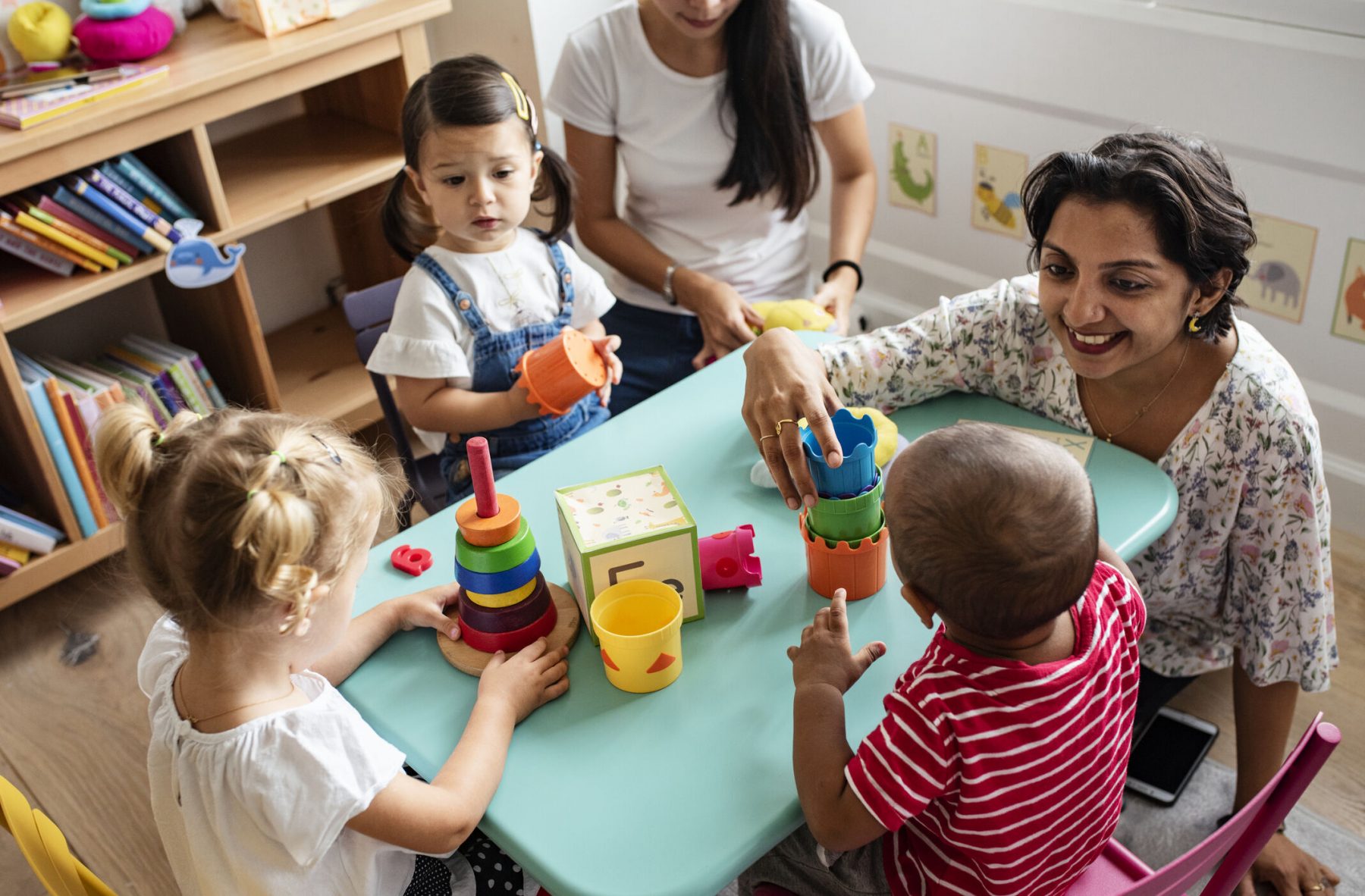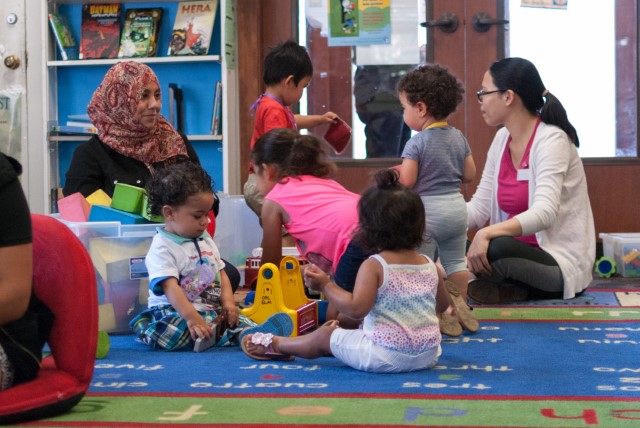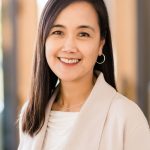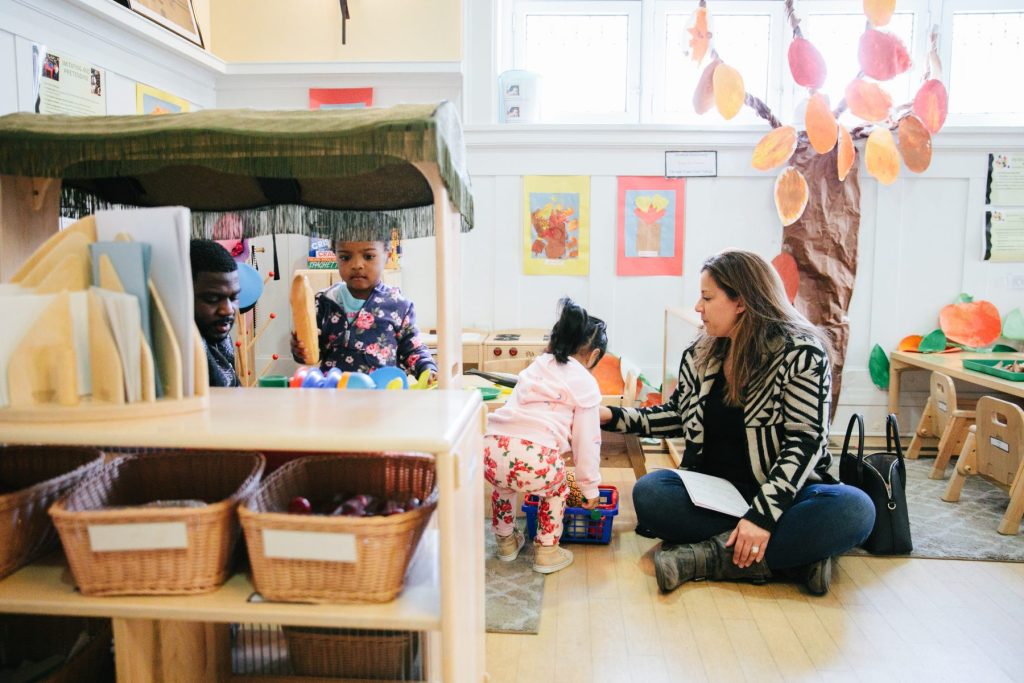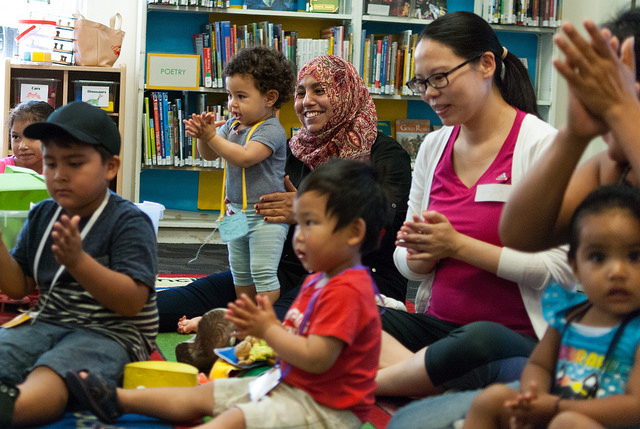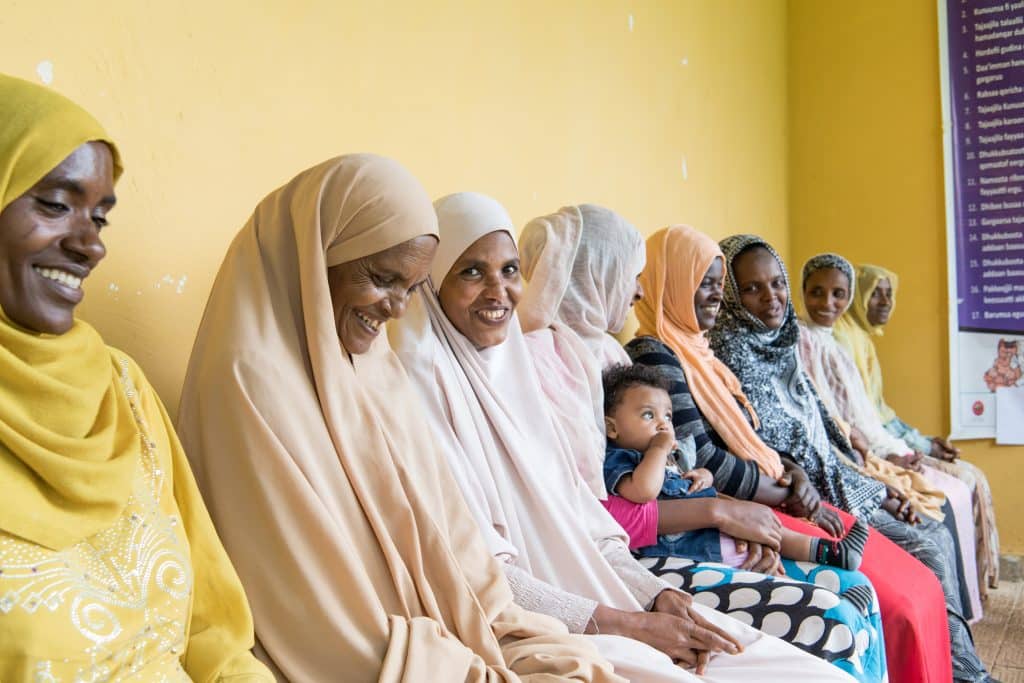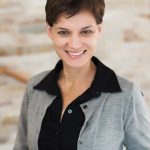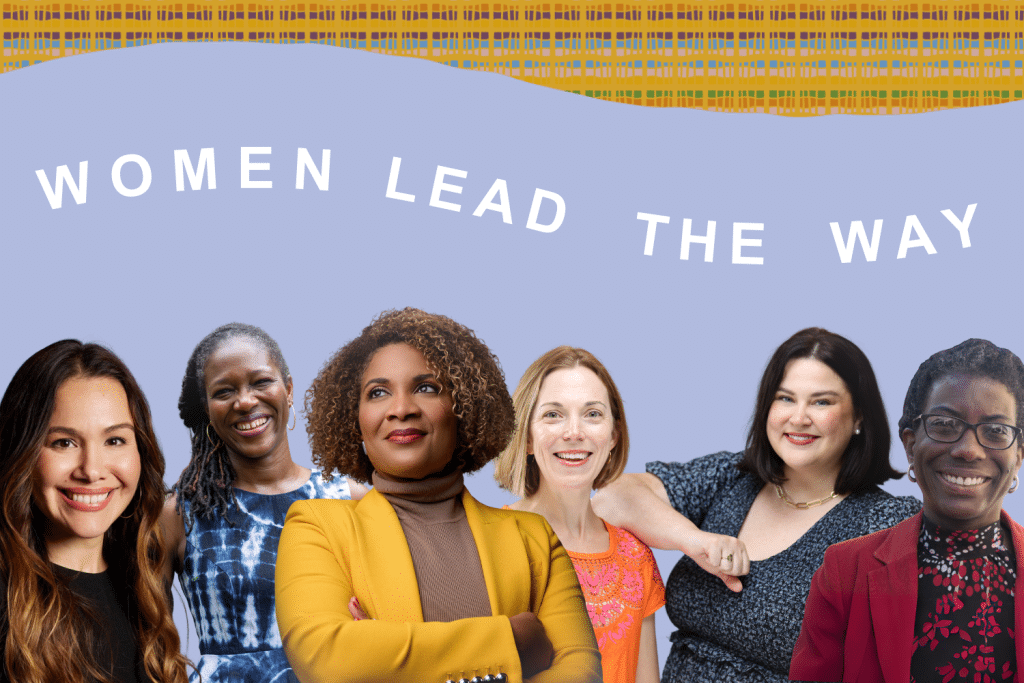Supporting the Leaders Who Care for Children in California
Our partners at Rockwood Leadership Institute prioritize relationships. Deep connection is a part of their organization’s ethos. Every meeting begins with smiling faces and weekend updates. Rockwood colleagues then ground attendees with breath work or a stretching exercise to create space for everyone to arrive, be present and clear minded. These interactions mirror Rockwood’s approach to transformative personal leadership development for nonprofits and social changemakers. Their commitment to relationships and connection is why, when the Packard Foundation decided to embark on supporting a California-based leadership development program for the early childhood field, the Rockwood Leadership Institute rose to the top.
Our Foundation has a long history of investing in both early childhood and leadership development. Supporting early childhood leaders is critical because they provide access to quality early learning and health services that ensure children have the opportunity to grow up healthy, ready to learn, and able to reach their full potential. Yet, these same leaders, especially leaders of color, are often overworked, under-resourced, and have limited opportunity to participate in professional development. The Packard Foundation wants to change that.
We set out on this journey to further invest in and prepare leaders in early care, learning, and health to be agents of change in their community. We believed then, as we do now, that these leaders — especially black, indigenous, and leaders of color— play an important role in creating thriving, equitable early childhood systems. While this work is still very much in its infancy, we are already seeing key insights rising to the surface. We share them here with the hope that they can inspire others to take up this work through similar initiatives.
The Power of Relationships
The Children, Families, and Communities (CFC) program at the Packard Foundation began to research leadership development as an important element of strengthening the early childhood and health field in California. Leadership development is a core component of the support that the Foundation’s Organizational Effectiveness (OE) team provides to grantee partners across the Foundation. Deputy Director of CFC, Jeff Sunshine, and Program Officer of OE, Jean Ries, realized this natural partnership was the way to go to explore development of a leadership program, and they came together to co-create this vision.
While the Packard Foundation has long supported leadership development, both knew that there was a need for additional outside experts to bring their vision to fruition. We enlisted the support of Arabella Advisors, a long-standing partner of the Foundation, to inform the initial brainstorming and help us think through fundamental questions such as: Is there demand for this type of leadership development? Could we support existing programs already doing this work? How could the Foundation bring something new to the field?
After a year of exploration, Arabella’s intensive research concluded that there was not only a demand for this type of program from leaders but that there were suitable existing leadership programs we could partner with. Arabella laid out their findings in the report, “Exploring Demand for Leadership Development among Leaders in Early Childhood Care and Learning,” where they centered the voices of both experts and practitioners of the early care and education field. The goal was to partner with a group who would understand the needs of the early childhood field, prioritize equity and inclusion in its approach to leadership development, and also navigate the power dynamics that funders can bring to a project. The process of finding the right partner took patience and vulnerability, and we ultimately chose to partner with the Rockwood Leadership Institute.
The Power of Deep Listening
When supporting the development of a new leadership program, getting the details right can feel overwhelming. Building an initial design and continually adjusting it based on stakeholder input can be a slow process. Trusting in the partners’ expertise is critical. Rockwood’s inclusive approach of interviewing early care, learning, and health experts gave us confidence that the first cohort design would reflect the desires from community and those connected closest to the work.
Rockwood’s deep listening reinforced our commitment to not only fund direct project costs, but also other costs such as initial program design, compensating the time of experts who join advisory groups, and child care expenses for participants that go unseen when bringing participants together in a learning environment.
No matter how much planning goes into these types of projects, there are external events that will inevitably impact the trajectory and timeline. The outbreak of COVID-19 in March of 2020 was the first event that challenged the program design and launch. It immediately gave rise to questions: Can and should the program continue? Will this place undue burden on early childhood leaders? Can network building, leadership development, and bonding happen virtually? Yet, after conferring with field stakeholders and advisors, we heard that leaders still wanted a space to connect and learn with one another during all the uncertainty.
The surge of protests and activism brought on by the killing of George Floyd in late May made us further reflect on our position and responsibility as funders and our responsibility to amplify the voices of leaders in the early care and health space, especially leaders of color. Those who care for our nation’s children are often women of color who have been historically underpaid and undervalued. It is our responsibility to no longer remain silent but to interrupt the racial and gender disparities in the early childhood field.
As late summer approached, California also saw record-breaking fires that caused many in our state to deal with the loss of life, property, and negative impacts on the health of children and their families. This situation is placing even more pressure on those who work with kids, further underscoring the importance of providing a space not just for connection for these leaders, but also creating a space for healing.
The events of this year and the social and racial reckoning has re-affirmed our commitment to this work and our sense that, indeed, the time is now to continue investing in early childhood leadership development. We are glad that Rockwood continues to commit to social and racial justice, equity, and inclusion in all that they do.
The Power of Shared Learning
Core to developing a new leadership program is based on the understanding that leadership grows when knowledge is shared. Throughout the process, we have sought to share our learnings both with the field at large as well as those who contributed to the development of the program through stakeholder interviews. Both Arabella and Rockwood published pieces on their websites that offer perspectives on the process. Additionally, you can read more about the journey we have been on together in the report, Program Design Roadmap: Helping Leaders Prepare to Drive Change in Early Childhood Care and Learning.
Transformation Ahead
No one could have predicted the lasting presence of COVID-19 or the ensuing social, racial, and environmental upheaval of the months that followed. Many have been pushed to their personal and professional limits during 2020. However, all these events have reassured both Rockwood and the Packard Foundation that there is a need, more than ever, for deep connection and relationship-building among leaders in early care, learning, and health. Our hope is that the leadership development program we are co-creating will be better for it.
We are thankful to both Arabella and Rockwood for transforming a mere concept into the development of an early learning and health leadership program. We are also grateful to our early care, learning, and health stakeholders and advisors for their wisdom and contributions. The process of creating a leadership cohort through relationship building, deep listening, and shared learning will demonstrate how the power of collaborative relationships can spark transformative change.


